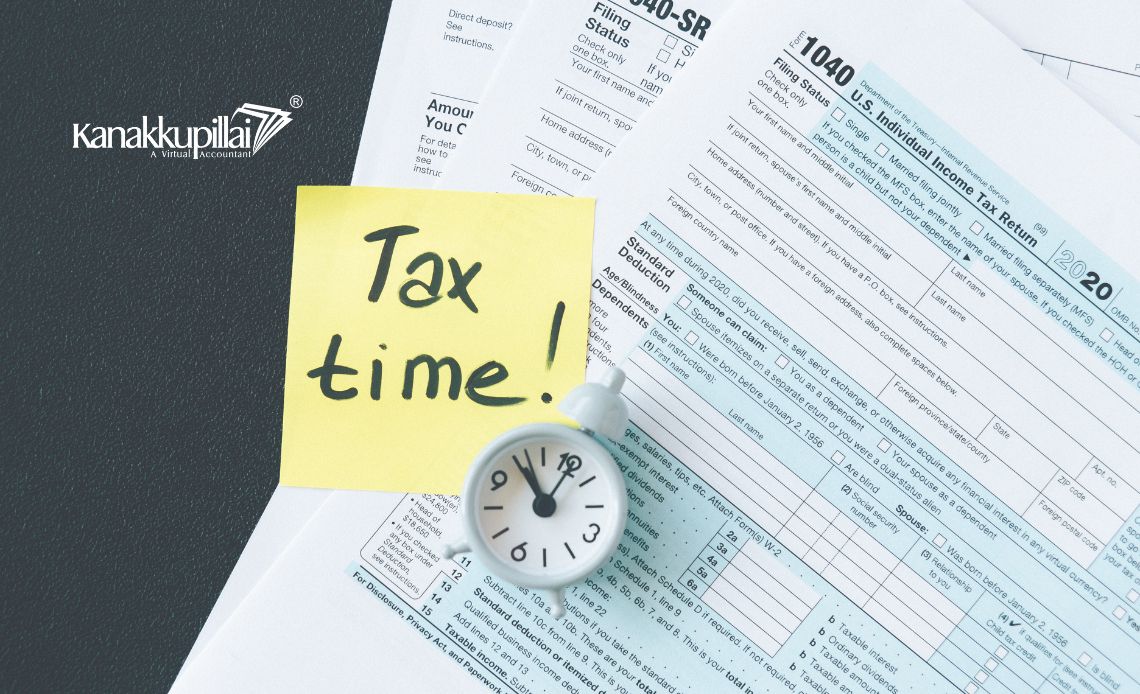We are at the fag end of yet another financial year, that time of the year when all you working professionals out there need to plan your taxable income investments. But take it Easy; don’t let the taxes tax you up! Here are some easy tips to help you breeze through the tax-gruelling err filing regime-
Have you ever played this 5-question “Kaun Banega Crorepati” game with yourself?
We are just kidding; what we mean is, before you start your tax saving exercise, keep answers to the following five questions regarding your annual income handy-
1) Have you calculated your tax liability correctly?
Even after years of practice, many of us may still make mistakes on this simple calculation. Why? Because your Gross Total Income and Taxable Income may be different. Let’s check out how to arrive at your accurate taxable income.
After calculating your net taxable income, apply the tax slabs according to the current financial year’s tax regime.
2) Have you fully capitalized on Section 80C?
We know that investments up to INR 1.5 Lakhs in products under Section 80C can reduce your tax considerably.
Other investment options under Section 80C include NSCs, ULIPS, Life Insurance Premium payments, Children’s Tuition fees, and Employee shares of PF contributions.
3) Have you invested the minimum amount in these instruments yet?
If you have already invested in schemes like NPS, Sukanya Samridhi Yojna, PPF, etc., then the March 31st deadline is not just about tax savings. You need to invest a minimum amount to keep these accounts active every financial year.
4) Are you still buying traditional insurance plans to save tax?
The primary purpose of insurance is neither investment nor tax savings; instead, insurance should be viewed and used to protect your financial interests for any unforeseen exigencies. While insurance premiums do come with tax benefits, traditional policies yield a return of only 4-5%.
5) Have you submitted your tax-saving investment plans/proofs to your employer?
We do know that salary is subject to tax deduction at the source. No Rocket Science, eh?
From the very beginning of the financial year, the Finance/Accounts departments of your company calculate tax on your salary based on your taxable income. So, you need to submit proof to show your investment plans to your Accounts team. Well, they won’t chase you if you don’t. The only thing is that you will end up paying a more significant amount in excess of TDS. You can claim it back in your ITR if eligible later – that’s a different story, though!
We hope you found this article helpful. We’ll be back soon with more tips on how to avoid last-minute tax planning mistakes.
Until then, keep reading. Keep Trending!!





